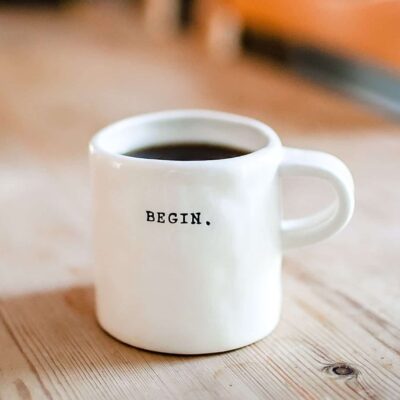Overindulging on food and drink, spending our hard-earned money on presents and sitting on our couch watching rubbish TV for two weeks AKA – Christmas, has recently finished and now is the perfect time to kickstart your own and your families changes for the decade ahead!
New healthy habits can be formed all year round but many people believe the beginning of a new year is a great time to start on a new healthy lifestyle journey in the form of New Year’s Resolutions.
This yearly ritual began almost 4,000 years ago, created by the Babylonians and is still popular throughout the world today, with 45% of people making resolutions every year. Unfortunately, this motivation and will power can quickly fade, resulting in us resorting back to our old ways, so it’s important to capitalise on these feelings while we still feel in the mood to make changes to our lives!
Most people call them resolutions, but we at BeeZee Bodies call them experiments – and because they are experiments, we know, and expect, that they can often fail. Every time an experiment fails it shows us where the issue is and allows us to improve the experiment before we try again. It is this cycle which we repeat until the experiment finally works and we begin to create a change and soon to be new, healthy habit.
Here are some tips to help you and your family stick to your New Years Resolutions…






